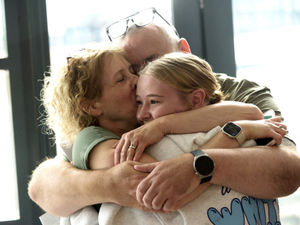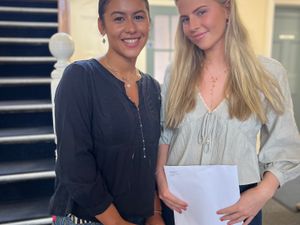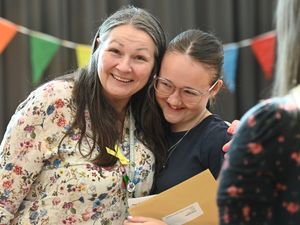Do programmes like Waterloo Road hurt UK education's reputation?
Professor Kit Field of the University of Wolverhampton asks whether media coverage of education devalues the experiences of pupils and whether more positive programming is required:
Professor Kit Field of the University of Wolverhampton asks whether media coverage of education devalues the experiences of pupils and whether more positive programming is required:
Over some two or three days, I thought it would be very interesting to gain a picture of the media's impression of schools and education.
My local newspaper carried two stories on positive comments made by OfSTED about the support and care two local schools provided for children. I know that all involved in education hate TV programmes about schools, but I also watched Waterloo Road and Educating Essex.
Both seemed to be dealing with how young people learn to cope with relationship issues, and how these can affect behaviour and consequently performance. Indeed, Waterloo Road dealt with the relationships between teachers and the headteacher and Educating Essex covered relationships between two sisters and their mother.
Watching the programmes and noting the successes of schools supporting pupils revealed conflicting pictures and brought to mind some research that I undertook several years ago. I asked a range of people to recall incidents from their own education, which revealed that they may be taught one thing in the classroom, but learnt the exact opposite outside it. Whether schools are consistent in how they approach sensitive subjects appears to have a major impact on the outcomes.
For example, one person commented how, after they had been caught smoking back in the seventies, they were invited to 'come clean' and own up to anything else they had done. The person admitted to 'smoking a joint' and was immediately suspended from school. The person remembers that at the very same time they had been following a programme in 'form time', which promoted 'honesty is the best policy'.
Another recalled a healthy eating programme, before proceeding to the canteen where the only options were chips with something, or chips with something else.
The TV programmes showed young people finding it difficult to control their emotions and support provided by teachers who used terms like 'In the nicest possible way, she's, just a girl…' Watch Waterloo Road and you follow the story of a young teacher abandoning her partner and hooking up with her head teacher!
These either fictional plots or highly edited dialogues, made available to all at peak viewing times, do expose a sense of hypocrisy. How do young people learn right from wrong?
I am bound to ask if schools provide a really effective preparation for adult life. Work I conducted in relation to Citizenship, suggested it was better to learn through experience, rather than about adult concepts.
Can the concept of democracy be learnt when young people are required to wear a uniform, be at certain places at particular times, or be under the threat of punishment? Do they learn to develop as adults, or are they treated as children without adult rights?
In addition I recently enjoyed an evening watching Peter Kay live. He was recounting some memories of his school days, when he believed teachers asked a string of meaningless questions:
Who do you think you are?
What time do you call this?
Who do you think you are talking to?
What time do you call this?
Where do you think you are going?
Again, it's very funny and entertaining, but it does create an image of teaching and schooling which devalues the real experiences children have.
So to returning to the press coverage of schools commended for their care and support, there does seem to be gap between the impressions created of schools in the media and the more objective reality. It is reassuring and even inspiring to know how much teachers care and how they recognise the need to nurture and support.
Even in 'Educating Essex' the importance of recognising the challenges children face and that to achieve good results, they need nurturing and supporting is expressed. Many have chaotic lives outside school and the order and stability schools can provide mean it can be a refuge for many children. Successes do need to be celebrated, not only in local newspapers, but through the portrayal of schools in dramas and documentaries.
All this relates to the perceived purpose of education. Is it to contain dynamic and excitable young people? Is it to help draw out the particular skills and talents of each individual child, and to open up opportunities? Is it to enforce a discipline which makes adults' lives easier? Is it to enable innovation and invention and to learn from mistakes? Is it concerned with building a compliant society? Is it to help young people achieve excellent academic results?
When we are all clear about what we want education and schools to do, maybe media coverage would start to present us with what we want to know!




